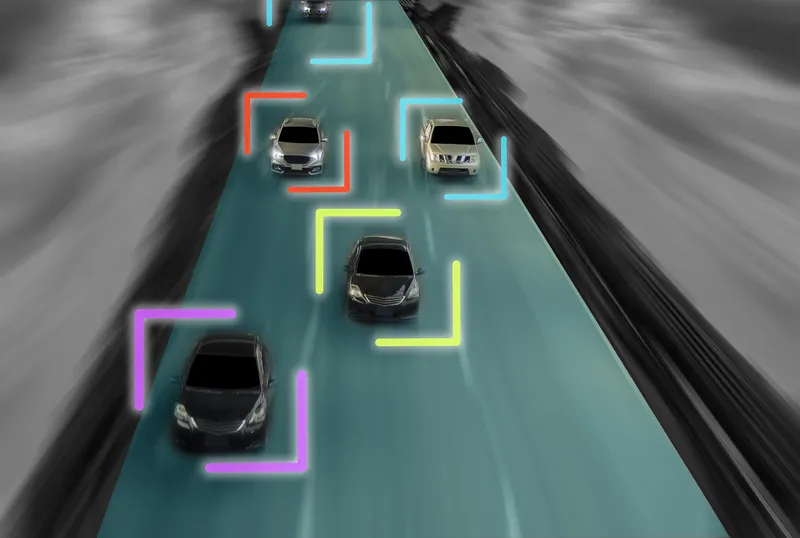Spanish firm Ficosa has pulled back the curtain on its new centre for developing electromobility solutions.
The €10 million, 1,200-m2 ‘e-mobility hub’ near Barcelona in Spain, currently contains four new labs and will be the location for developing and manufacturing software and hardware solutions for hybrid and electric vehicles, specifically battery-management systems and on-board chargers.
It is home to 120 engineers, and the company says it will take on 100 more in 2019, as well as adding a new laboratory, increasing the hub’s footprint by 750 m2.
Ficosa CEO Javier Pujol called it a “huge milestone” for the company: “It puts us on the leading edge of the revolution that electric mobility is bringing about in the sector with a cutting-edge centre at a global level.”
The company also has hubs for connectivity and safety at the same location in Viladecavalls. “The Viladecavalls centre has positioned itself as one of the most cutting-edge in the world in vision, e-mobility, connectivity and safety technology, and is, without a doubt, the driving force for the whole technological transformation Ficosa has undergone in recent years,” Pujol adds.
Earlier this year, Ficosa became part of a major Panasonic project to bring cellular-vehicle-to-everything (C-V2X) technologies to Colorado, supplying C-V2X on-board units.
A fleet of Ford utility vehicles is equipped with C-V2X devices that utilise Ficosa’s CarCom platform to enable vehicle-to-vehicle and vehicle-to-infrastructure direct communications.
Ficosa shows off new e-mobility development centre
Spanish firm Ficosa has pulled back the curtain on its new centre for developing electromobility solutions. The €10 million, 1,200-m2 ‘e-mobility hub’ near Barcelona in Spain, currently contains four new labs and will be the location for developing and manufacturing software and hardware solutions for hybrid and electric vehicles, specifically battery-management systems and on-board chargers.
It is home to 120 engineers, and the company says it will take on 100 more in 2019, as well as adding a new
October 11, 2018
Read time: 2 mins







